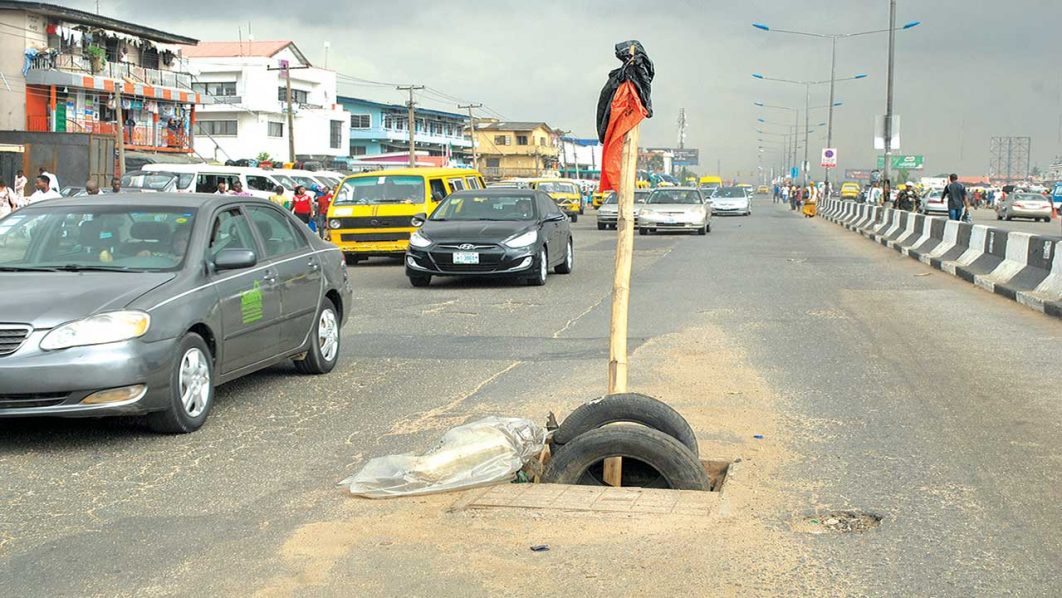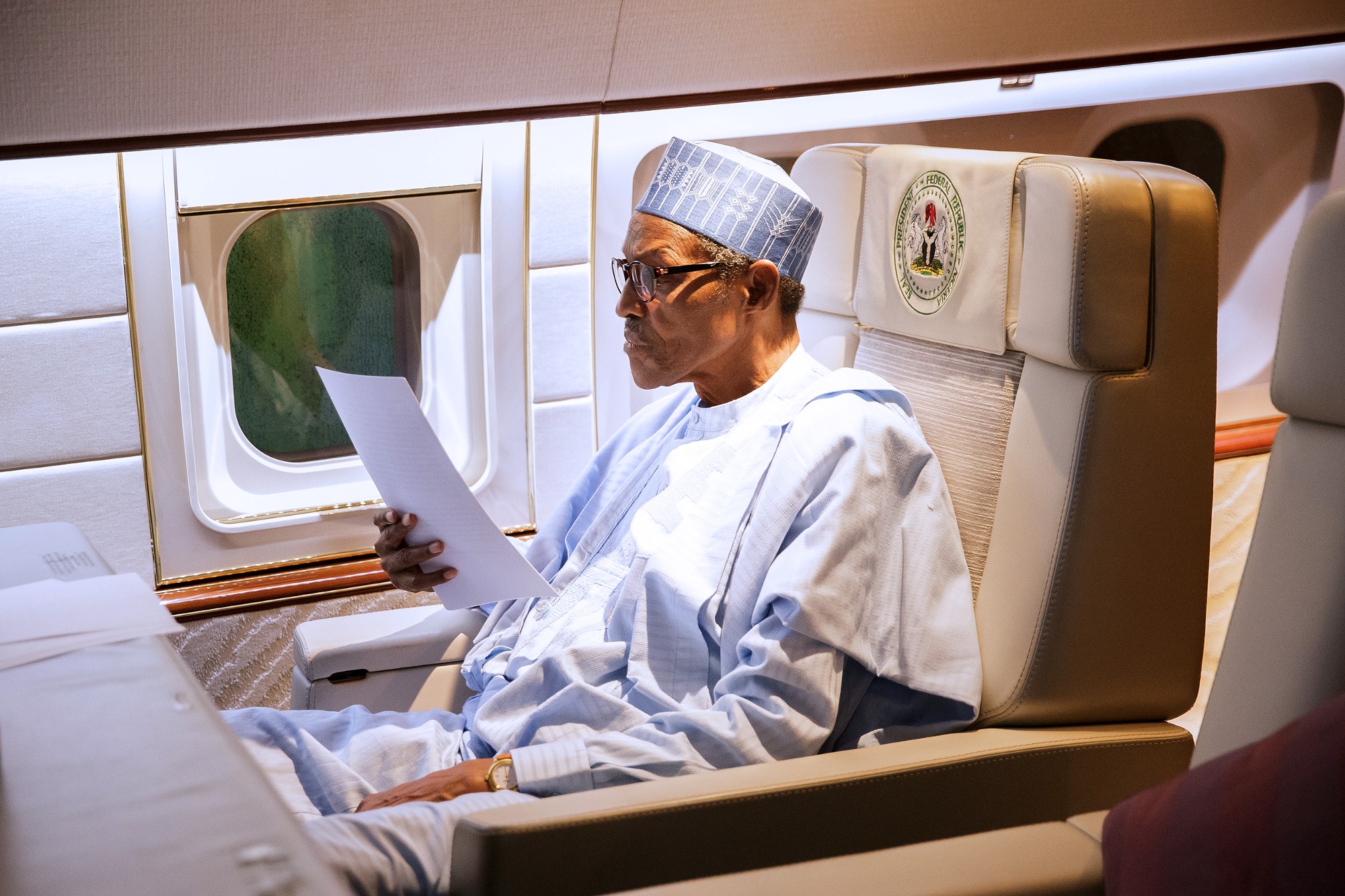BY MUSA HASSAN-TOM
In rejecting the call by the Senate for the resignation of the Secretary to the Government of the Federation and his prosecution, President Muhammadu Buhari wrote to the Senate dismissing the call based on the ground amongst others that the Senate report is a minority report signed by three members out of the nine-member Senate Committee that conducted the investigation. “The review of the interim report showed that only three members signed the report.
This makes it a minority report of a senate committee,” he said. The President further stated that the Secretary to the Government of the Federation was not given the opportunity to clear himself of the allegations, and that the company linked to him was also not accorded the chance as well. “The current report does not meet the principle of fair hearing required in cases of abuse of office by public officer” he posited.
Assuming but not conceding that the President’s grouse with the report being a minority report is true and Babachir Lawal was also not given a fair hearing, are the two issues enough to dismiss the allegations, especially in view of the fact that the response of Babachir Lawal to the Senate indictment itself disclosed a conflict of interest? Though the President hinted that he further investigated the allegations, he failed to disclose the findings and details of his investigation as his letter was evasive. Yet jettisoned the indictment based on the alleged technicality of the report being signed by only three members out of the nine-member committee and alleged denial of fair hearing to the Babachir Lawal.
For the fact that a company which Babachir Lawal floated and promoted prior to becoming the Secretary to the Government of the Federation became involved in contracts emanating from his office is enough, without more, to hold that there was conflict of interest in what transpired.
Advertisement
Again, the modus of the President requesting the Attorney-General of the Federation to investigate his close associates and appointees also raises legal and ethical issues as the Office of the Attorney-General of the Federation has no investigative powers. The powers of the Attorney-General of the Federation are clearly delimited by Section 174 of the 1999 Constitution as amended and no investigative powers are assigned to that Office. The Attorney-General is the Chief Law Officer and Prosecutor of the Federation but not an investigator. The investigatory powers reside with the Police, the anti-corruption Commissions (i.e. EFCC and ICPC) and other law enforcement agencies. Again, if others accused of corrupt practices are investigated by the relevant law enforcement agencies and anti-corruption Commissions, why are the appointees of the President treated differently by having them investigated by the Attorney-General of the Federation? Is this not a selective treatment?
Since the President had investigated the allegations and found same to be ostensibly untruthful, it is only fair to make his findings and the basis of same known to the Senate, if not the public. For the President who has been presiding over a government that serially flouts Court Orders without compunction and keeping accused persons under detention after courts have granted bail, to invoke the concept of fair hearing which is one of the pillars of the rule of law which the government has a penchant of observing in breach, and the technicality of “minority report”; to dismiss an indictment on his appointee is a volte-face to the hyped war against corruption.
Fighting corruption is one area apart from insecurity that many have hoped President Muhammadu Buhari will be able to succeed to an extent and stem the tide of despondency but alas hope has now been blighted. With the economy seemingly beyond government control and communal crisis, kidnappings and banditry becoming rampant, one wonders which sphere can the administration of President Muhammadu Buhari claim some success apart from the gains in the fight against Boko Haram insurgency.
Advertisement
Fighting corruption is becoming a matter of convenience to the President and not principle. The moral strand in the fight against corruption has been abandoned for political expediency and convenience. If corruption of N200Million does not require a proper investigation but mere evaluation based on technicalities, so also does corruption of $2Billion. Corruption cannot be evaluated on the scale of magnitude and scale as corruption in small scale is as abhorrent as corruption in large scale. The moral and legal repugnancy of corruption is not amenable to evaluation based on the monetary value involved. If persona of the President had any iota of abhorrence to corruption, the letter to the Senate flippantly dismissing the allegations and indictment against the Secretary to the Government of the Federation without proper investigation has eliminated that abhorrence.
One is left wondering why the President will dismiss an indictment or even mere allegation against his close appointee without making public his alleged investigation findings to dispel any doubt and show the seriousness the President attaches to the fight against corruption. Like many instances where the President was expected to lead by example and display some lofty symbolic gestures, he disappoints, again and again by failing to rise up to the occasion and leave his mark in the sands of history.
The dismissal of the indictment without making public the findings of the alleged investigation conducted is a symbolic defeat to the hyped fight against corruption because it has confirmed that the war against corruption is to be taken seriously only when members of the previous government are involved. This latest gesture is yet another own-goal amongst the many own-goals of President Muhammadu Buhari and he is acting the script of his traducers to the letter, thereby vindicating them. The Senate report has raised a prima facie case against the Secretary to the Government of the Federation which cannot be dismissed on mere technicalities and secret investigation findings.
It has become a norm for the President to have his appointees investigated by the Attorney-General of the Federation rather than the relevant agencies and withhold findings of such investigations from the public thereby creating a cloud of skepticism and uncertainty about the findings. The “body language” (apologies to Tambuwal) of President Muhammadu Buhari seems to be “touch not my anointed”. The war against corruption cannot be won if it is tainted with selectivity and special treatment to a select group of persons. The fight against corruption should not only be fair, non-selective and without fear or favour but must also be manifestly be seen to be so.
Advertisement
Hassan-Tom, a legal practitioner, wrote this piece from Port Harcourt. Follow him on twitter @mhassantom.
Views expressed by contributors are strictly personal and not of TheCable.
Add a comment






